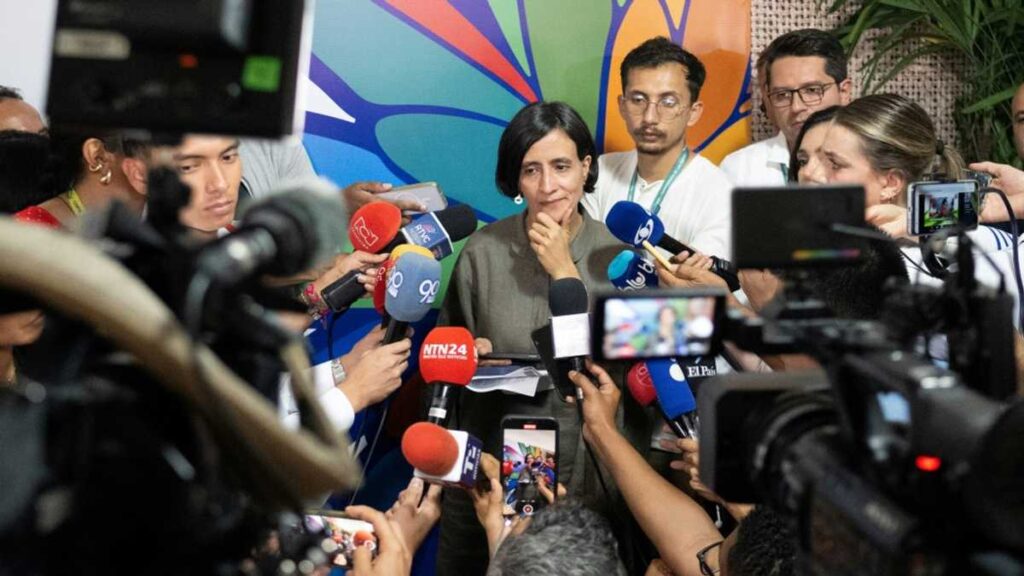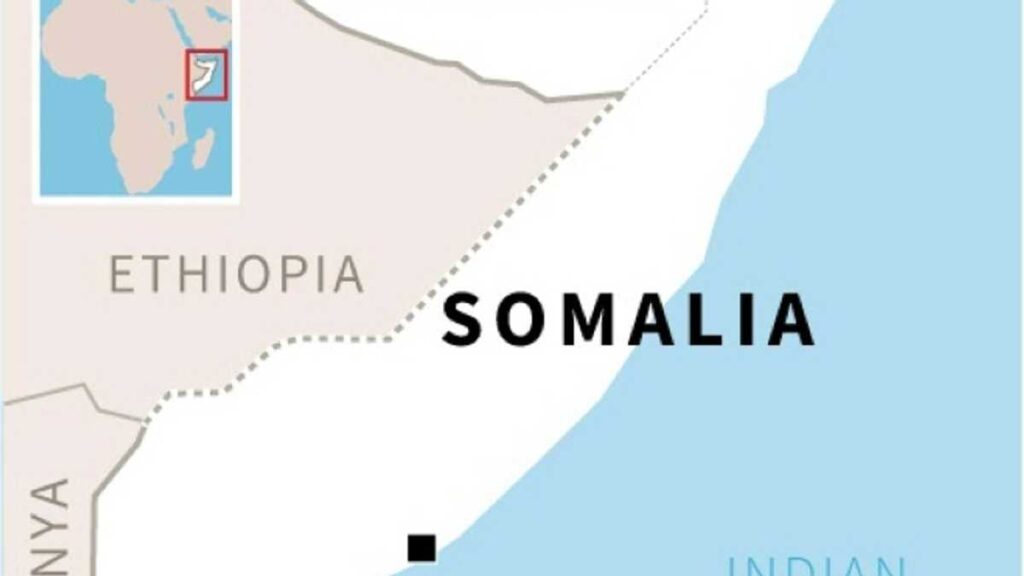National Assembly Speaker Moses Wetang’ula has called inclusivity in the issuance of national identification cards to enable citizens to access government services.
Speaking in Bungoma on Monday, Wetang’ula criticized Trans Nzoia Governor George Natembeya for opposing President William Ruto’s directive to abolish ID vetting.
The Speaker said that the ID vetting had affected border counties beyond Northern Kenya.
“We are on the border, and I saw the Trans Nzoia governor oppose the lifting of vetting for IDs, as if it only affects Northern Kenya,” said Wetang’ula.
“Many counties, including Bungoma, Busia, Trans Nzoia, West Pokot, and Turkana, have also struggled with this vetting process,” he added.
Wetang’ula emphasized that lack of identification documents could prevent many youths from advancing in education.
“The reason leaders insist on this is that an ID is life. Without it, young people cannot access higher education, scholarships, or even technical training,” he said.
“If we are serious about giving our children opportunities, we must first ensure they have identity cards,” he added.
Natembeya defended the vetting policy, arguing that it was meant to safeguard national security and prevent foreigners from obtaining Kenyan identification.
“The policy on vetting was meant to prevent non-citizens from acquiring our documents and to curb terrorism,” said the governor.

“Scrapping it will open our borders to risks. We are not saying Somalis should be denied IDs, but only genuine Kenyans should get them,” he added.
Despite the security concerns, Wetang’ula urged local administrators, including chiefs, to ensure all eligible individuals acquire IDs, tying the registration effort to Kenya’s national development.
“How can we be taken seriously in national conversations if we cannot rally our people to register?” He posed.
“I want to start a competition—any chief and their assistant who leads in ID registration by June 2026 will receive Sh1 million from me, based on the numbers registered,” he said.
Stay informed. Subscribe to our newsletter
The Speaker emphasized that just as the government is keen on ensuring smooth transition in education through the CBC, it must also prioritise easing access to identification documents, which are fundamental to accessing education, job opportunities, and social services.
“As leaders in your area, you are in a position to know who doesn’t have an ID. Let us champion this process, just as we champion access to education,” he said.

























